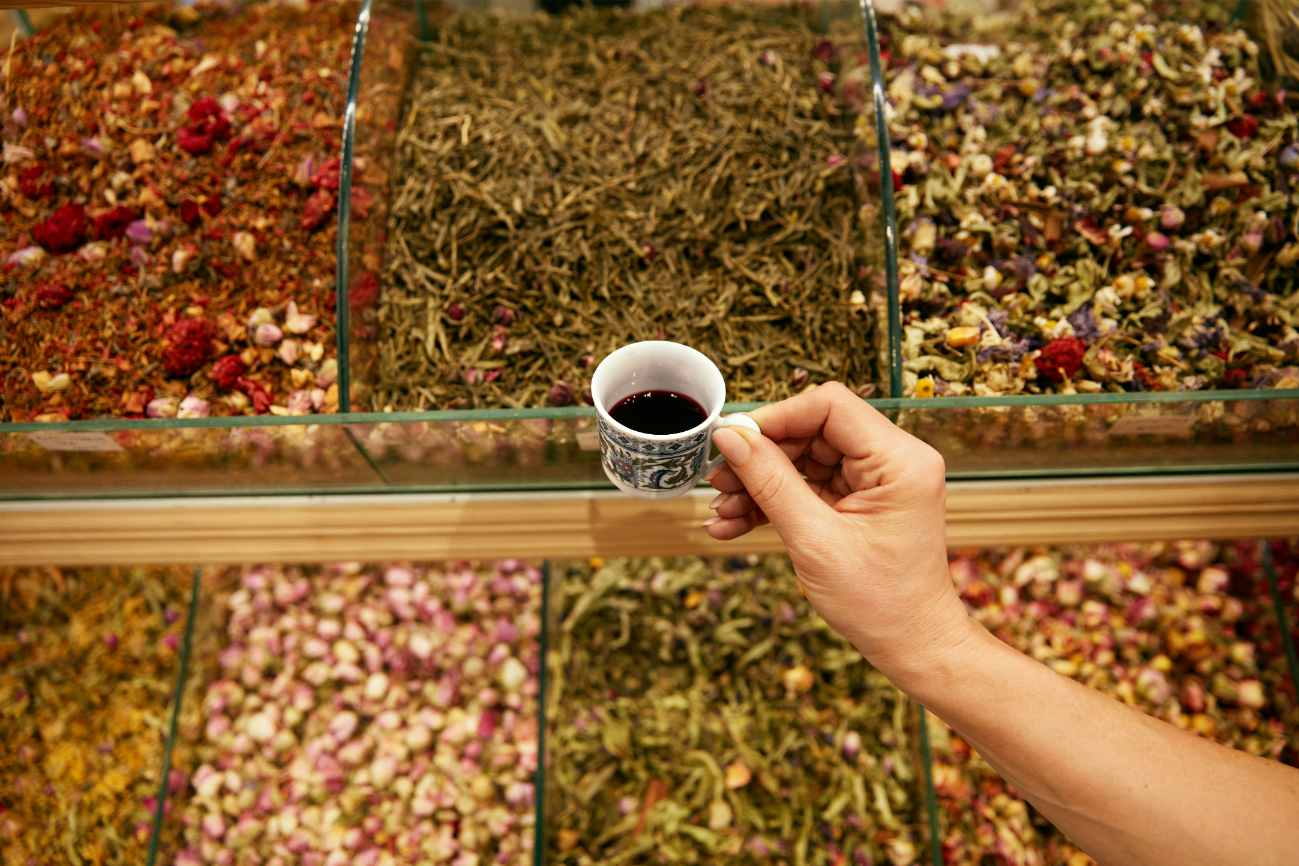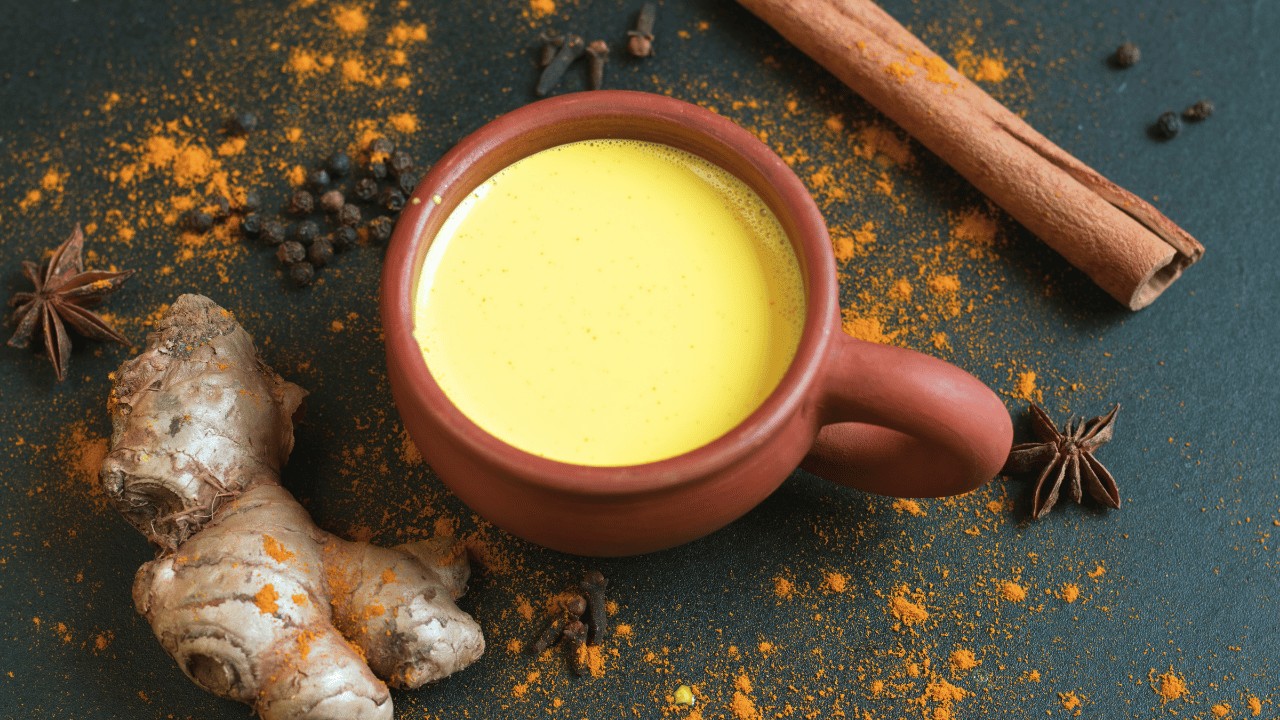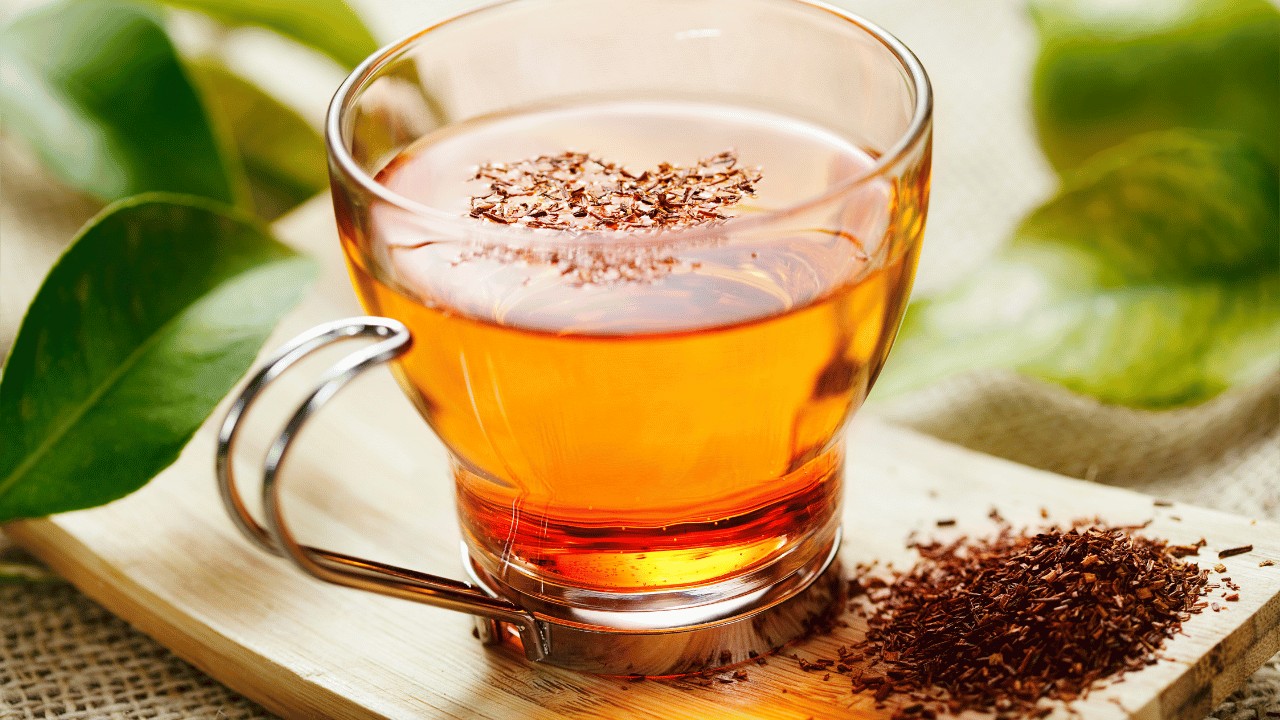
If you find yourself tossing and turning or waking up to the sound of your own snores, you’re probably on the hunt for anything that might help you get better rest. Sometimes, finding relief from sleep apnea can feel frustrating and never-ending.
Many people turn to natural remedies for sleep apnea and a chance at a good night’s sleep. These include herbs like passionflower, valerian root, ginger, or chamomile, to name a few. Anti-inflammatory herbs may help reduce airway inflammation, improve breathing, and promote better sleep.
Inflammation and Sleep Apnea
If you deal with sleep apnea, you know it’s much more than the occasional snore. Several studies, including one by University of Missouri School of Medicine, connected the sleep disorder to inflammation in the airways. Chronic inflammation not only affects the airways but also weakens the muscles needed to keep them open. This can create that vicious cycle of interrupted breathing throughout the night.
Inflammation can impact more than just your throat, though. Over time, the effects of sleep apnea and inflammation on the body can lead to even more serious health issues like heart disease and metabolic problems. Tackling inflammation plays a huge part in managing your sleep apnea, which is why anti-inflammatory herbs could come in handy.
Choosing Anti-Inflammatory Herbs

Consuming more anti-inflammatory herbs probably won’t completely cure your sleep apnea issues, but they may be able to support better sleep overall. Here’s a list of popular herbs some people turn to for help:
- Valerian root: Known for its anti-inflammatory traits, valerian root may help sleep apnea symptoms. Some people say it calms their nervous system and puts them into a deeper sleep.
- Passionflower: Passionflower is known for cutting down on anxiety, leading to more relaxation and a soothing night’s sleep.
- Turmeric: Turmeric consists of curcumin, which has strong anti-inflammatory properties.
- Ginger: Known for its anti-inflammatory and antioxidant effects, ginger can also ease inflammation and promote better breathing.
- Peppermint: Its menthol content can soothe inflamed respiratory tissues, which makes breathing easier.
- Chamomile: Chamomile is a natural calming agent that can help people sleep better.
How to Incorporate These Herbs Into Your Day
If any of these herbs are on your must-try list, incorporating them into your routine may be easier than you expect. It could look as simple as this:
- Start your day with a smoothie that has a dash of turmeric or ginger.
- Sip on a cup of chamomile, valerian root, or passionflower tea before bedtime. This can help put your mind and body at ease for a successful snooze.
- Essential oils (e.g., peppermint, lavender or eucalyptus) can be put in a diffuser for calming effects.
- Short on time and want to avoid any hassle? Try taking some of these herbs in a capsule supplement form.

Whether you’re sipping, sprinkling, or diffusing, a little daily consistency can go a long way in supporting better sleep and helping your sleep apnea symptoms.
Battling Sleep Apnea Goes Beyond Herbs
Taking on your sleep apnea symptoms is about more than just sipping herbal teas or taking a supplement and hoping for the best. Truly managing your sleep apnea means finding the root cause and addressing those underlying issues. It could be about implementing lifestyle changes or trying an anti-supine sleep position.
You don’t have to just dream of better sleep, you can make it a reality. Optimal Circadian Health can help you dive deep into your condition and overcome your sleep apnea. The Sleep Apnea Solution book by Dr. Dylan Petkus has invaluable resources to help you incorporate healthy habits, sleep more soundly, and feel more refreshed the next day.



